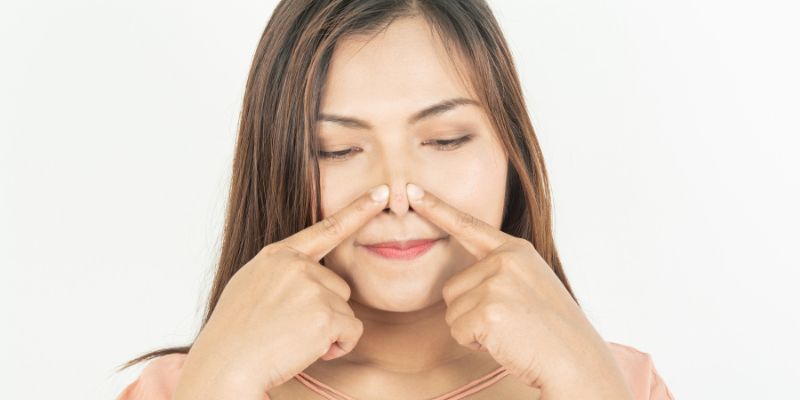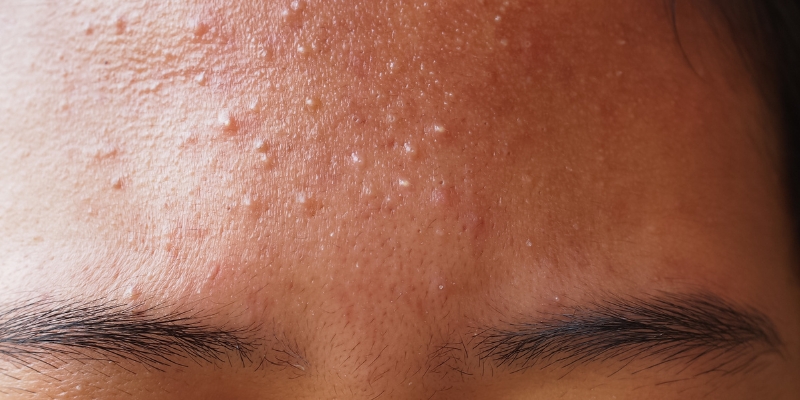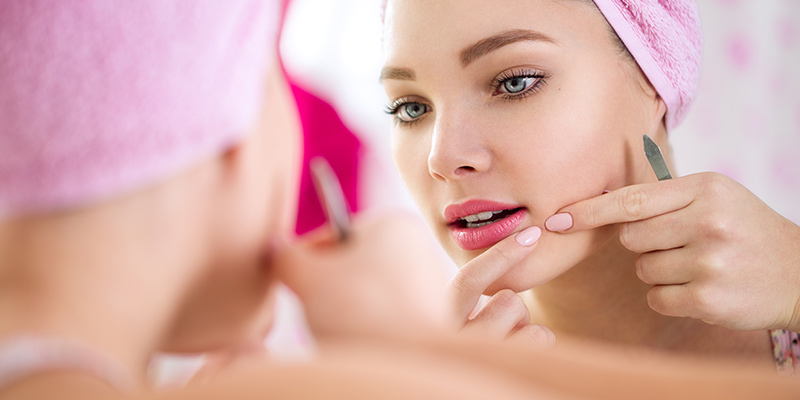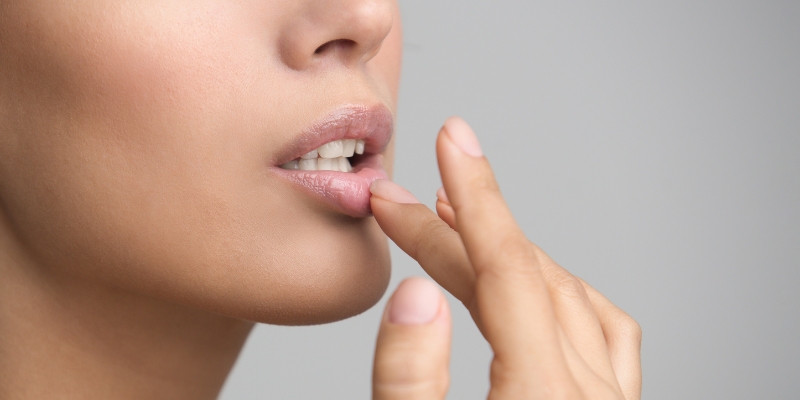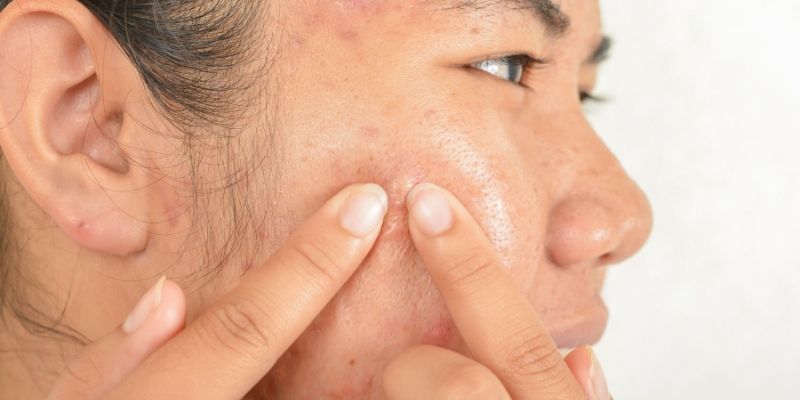In This Artice
Best Topical And Oral Antibiotics For Acne In India
Antibiotics are medicines used for fighting bacterial infections. Doctors often prescribe antibiotics for treating acne as they are a safe, effective and non-invasive method of decreasing the multiplication of the bacteria. (Propionibacterium acnes) present on the affected area, and in reducing inflammation. Learn about the benefits and side-effects of using antibiotics in acne treatment to make an informed decision.
In This Artice
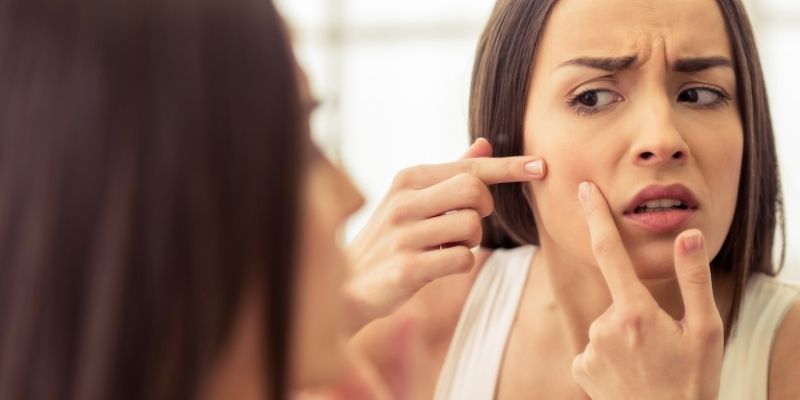
Why Are Antibiotics Used For Treating Acne?
Dermatologists prescribe oral or topical antibiotics to treat moderate to severe outbreaks of inflammatory acne – small, red bumps, and pustules depending on the age of the client and type and grade of acne. Oral antibiotics along with topical creams and gels help to treat both teen and adult acne.
There are different views on the use of antibiotics for treating acne. A recent school of thought among many practising Dermatologists across the world is to avoid antibiotics as much as possible except only when needed to curb the emerging antibiotic resistance. Hence, nowadays, they are prescribed by the doctors only when necessary and under strict monitoring for only recommended duration according to the guidelines. However, it is advisable to avoid using antibiotics for controlling acne during pregnancy.
Must Read: How Does A Chemical Peel Help For Acne?
What Are The Benefits Of Using Antibiotics For Controlling Acne?
Antibiotics offer the following benefits when used for treating acne:
- Antibiotics help in decreasing the number of bacteria which reside inside the follicles.
- They also help in reducing inflammation caused by the white blood cells in the affected area. This helps in controlling the tissue breakdown.
- Antibiotics are a safe treatment option when taken under the supervision of a dermatologist.
Types Of Antibiotics For Acne
Antibiotics used in acne treatment are of two kinds– oral and topical. Oral antibiotics (systemic) work internally by treating inflammation occurring around glands while topical antibiotics (surface) permeate the epidermis, reduce inflammation and help in preventing the occlusion of the pores.
Your dermatologist may advise the use of either form of medications depending on the severity of the concern. He/She may even prescribe a combination of both to treat acute cases of acne.
-
Oral Antibiotics For Acne:
Oral Antibiotics are great for treating moderate to severe acne, with the tetracycline group being the first choice of medication. A dermatologist is the best person to advise the dose of antibiotics and the duration for which you may need them.
Common antibiotics used in acne treatment are Tetracycline group which may include:
1. Doxycycline
2. Minocycline
3. Trimethoprim
4. Cotrimoxazole
Oral antibiotics are more effective in treating acne when used along with topical retinoids and benzoyl peroxide. This combination can reduce the risk of developing antibiotic resistance. -
Topical Antibiotics Used In Acne Treatment:
Topical antibiotics are available in the form of cream, gel, or lotion that you need to apply to the affected area as advised by the doctor for the stipulated period of time. They help in inhibiting the growth of bacteria and reducing inflammation. Though these topical antibiotics are effective, dermatologists generally recommend them along with other methods of acne treatments. Topical medications containing benzoyl peroxide or salicylic acid (please note salicylic acid and benzoyl peroxide are antibiotics) though they are not proper antibiotics have proven efficacy in clearing mild to moderate acne by various other mechanisms though benzoyl peroxide has good antibacterial activity. Clindamycin or dapsone are the two main active ingredients present in the antibiotic creams that are popular in India.
-
Benzoyl Peroxide:
It is a drug from peroxide family which has a keratolytic (exfoliative), comedolytic (anti-clogging), anti-inflammatory and antibacterial activity. It is an antibacterial agent that doctors use in combination with other antibiotics for specific treatment of acne. For example, clindamycin works with benzoyl peroxide and erythromycin with benzoyl peroxide.
-
Salicylic Acid:
It helps to exfoliate the skin and prevent hair follicles from clogging. It is also used as a chemical peel as it has an anti-inflammatory effect while removing the top layer of skin.
-
Dapsone, 5% Gel:
It helps treat cases of inflammatory acne. Dermatologists may recommend the antibiotic cream in a case-specific manner.
Must Read: List Of Doctor Prescribed Pimple Medicines In India
Acne Antibiotics Side Effects
The use of medications may cause the following side effects
- Oral Antibiotics – The common side effects include allergies, light sensitivity, gastrointestinal issues such as nausea, diarrhea, etc., and dizziness.
- Topical Antibiotics – The common side effects include dryness, allergies, skin irritation, and minor discolouration.
Some treatments may require specific dietary changes for the medication to deliver optimal results.
Controversies Around The Use Of Acne Antibiotics
Due to the chronic, waxing and waning nature of acne, antibiotic use may need to be prescribed for a long time not recommended for more than 6 to 12 weeks. As the development of antibiotic resistance may make them less effective over time. It may potentially lead to a requirement for stronger doses. The balance between dose and side effects, antibiotic resistance is always a cause of concern for dermatologists.
The penetration of new antibiotics into open markets is relatively low. Advanced and expensive medicines take time to pass through quality checks with control groups and are difficult to source in many countries.
Why Should You Consult The Doctor When OTC Antibiotics For Acne Treatment Are Available?
OTC anti-acne medicines come with their own set of side effects and using them without consulting the doctor can do more harm than good to you. Depending on the dosage of the antibiotics, side effects can range from minimal to severe.
Your dermatologist is the best person to advise you about the combination of medications or treatment required to treat your acne effectively. Experimenting with OTC medications may aggravate your skin condition.
Our certified subject matter experts do extensive research and collate facts from reputed scientific journals and international studies to create informative and engaging articles related to all your dermatology concerns. They strive to help you decipher medical jargon, distinguish fact from fiction and overcome paranoia. Our qualified medical board or expert panel goes a step further to verify these facts based on their rich academic knowledge, vast clinical experience and critical industry insights to ensure you consume only medically accurate content that empowers you to make informed decisions about your hair and skin-care treatments and weight management. Check out our Editorial policy for further details
https://www.ncbi.nlm.nih.gov/pmc/articles/PMC3080563/
https://www.ncbi.nlm.nih.gov/pmc/articles/PMC3050614/
https://www.ncbi.nlm.nih.gov/pubmed/9557247
https://www.ncbi.nlm.nih.gov/pubmed/24305661




